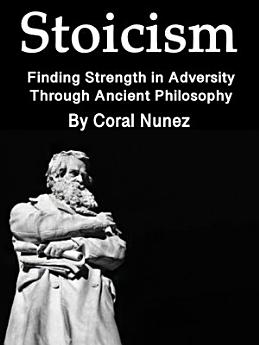Stoicism: Finding Strength in Adversity Through Ancient Philosophy
About this ebook
At the core of Stoicism is the belief in distinguishing between what we can control and what we cannot. According to Stoic principles, we cannot control external events, but we can control our responses to them. This idea, known as the Dichotomy of Control, encourages individuals to focus on their actions, thoughts, and emotions rather than worrying about things beyond their influence. This shift in perspective can lead to greater peace of mind and less suffering, as it frees us from the emotional turmoil of trying to change the uncontrollable.
Stoicism is often associated with a few key figures, including Epictetus, Seneca, and Marcus Aurelius. Each of these philosophers contributed their own insights into the practice of Stoicism, emphasizing different aspects of the philosophy. Epictetus, for example, taught that true freedom comes from mastering our internal world, while Seneca focused on the importance of reflection and mindfulness in everyday life. Marcus Aurelius, a Roman emperor, applied Stoic principles to leadership and the challenges of ruling an empire, demonstrating how Stoicism can be practiced by anyone, no matter their role in society.








